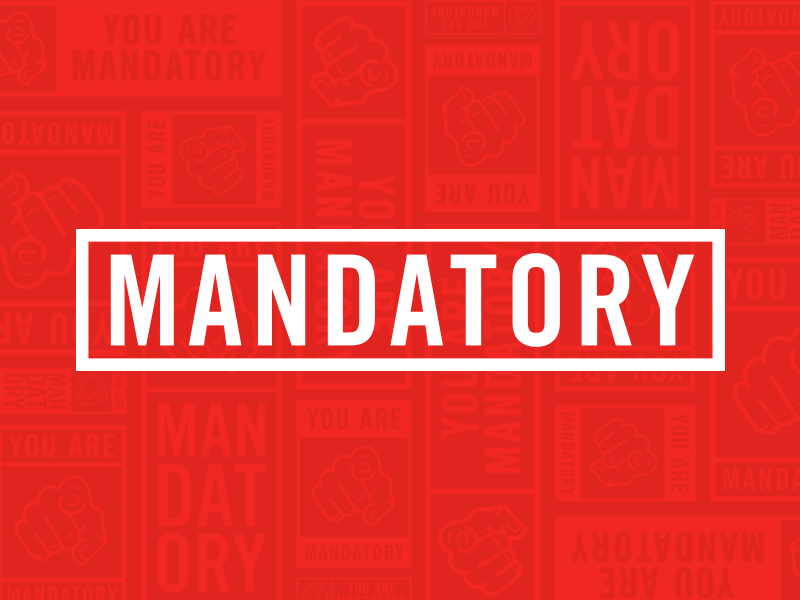
Crowd listening to a sound system in Victoria Park, London, 1980.
When looking back on significant cultural events or moments, there can be a thin line separating gauzy nostalgia from unthinking fetish from respectful celebration. Sometimes the act of consumption is D) All of the above, because sometimes those lines of distinction don’t really matter at all.
The current “Shout Out! UK Pirate Radio in the 1980s” exhibition by the Institute of Contemporary Arts in London might well make a lot of ICA visitors circle the D.
Also: The Socio-Political Surrealism of Director Terence Nance
The UK music scene of the 1980s was one of the richest of the entire 20th century, particularly the avenue where hip-hop, R&B, crate digging, pirate radio, traveling sound systems, and underground club culture converged. Visual artist Isaac Julien captured something of the power and influence of the time with his 1991 film Young Soul Rebels, a decidedly minor but still worthwhile cinematic work set in 1977. Rebels foreshadows trends and co-mingled cultures and subcultures that would fully flower in the ‘80s and ‘90s. This is the fertile terrain that would eventually give the world Massive Attack, Soul II Soul, the cult production team of Smith & Mighty, drum & bass, jungle, rave culture, and the UK’s take on House music, just for starters. Shout Out! is a fantastic exhibition that covers the ‘80s portion of this timeline.

Flyer for Daisy Chain at the Fridge in Brixton.
From the ICA website:
“Pirate radio is often associated with the off-shore broadcasting of the 1960s, but in the early 1980s it enjoyed a renaissance. This time stations were broadcasting music from the roofs of residential tower blocks rather than at sea, and were distinctive in the way in which they celebrated black culture. Dread Broadcasting Corporation (DBC), Radio Invicta, Kiss 94.5 FM, London Weekend Radio (LWR) and Horizon, were among the first UK pirate radio stations dedicated to soul, funk, jazz, reggae and hip hop. Although often overlooked, these stations were pioneers, championing music of black origin and paving the way for burgeoning rave scenes; jungle, garage and house.”

Groove Records on Greek Street, London, 1988.
While some have grumbled (not unfairly) that the curated fare could perhaps be even more expansive, the images on hand include everything from club flyers to photos of and in record shops (back when they were the only source for music,) to shots taken in clubs. The vibrancy of the times, whatever the image, pulses right through.
The exhibition runs through July 19 at ICA London, then heads to Phoenix in Leicester from July 23 – August 24.






